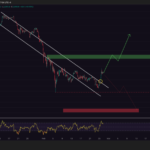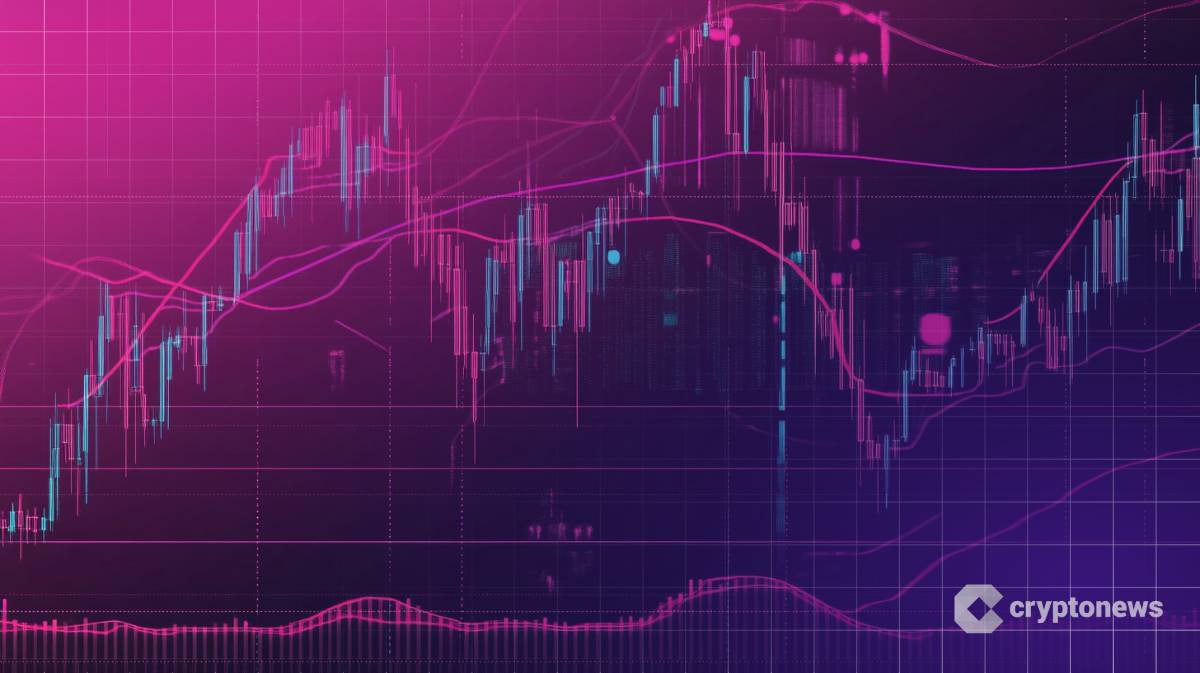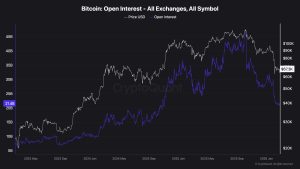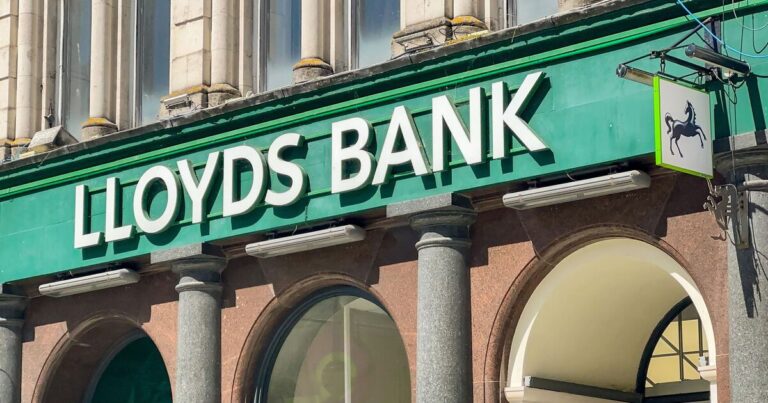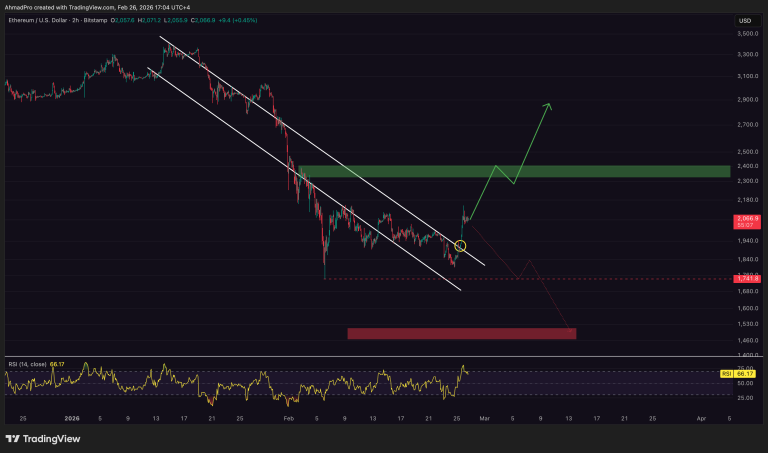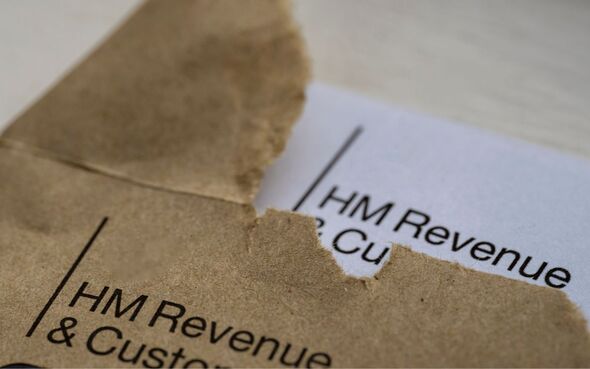Last updated:
 Why Trust Cryptonews
Why Trust Cryptonews
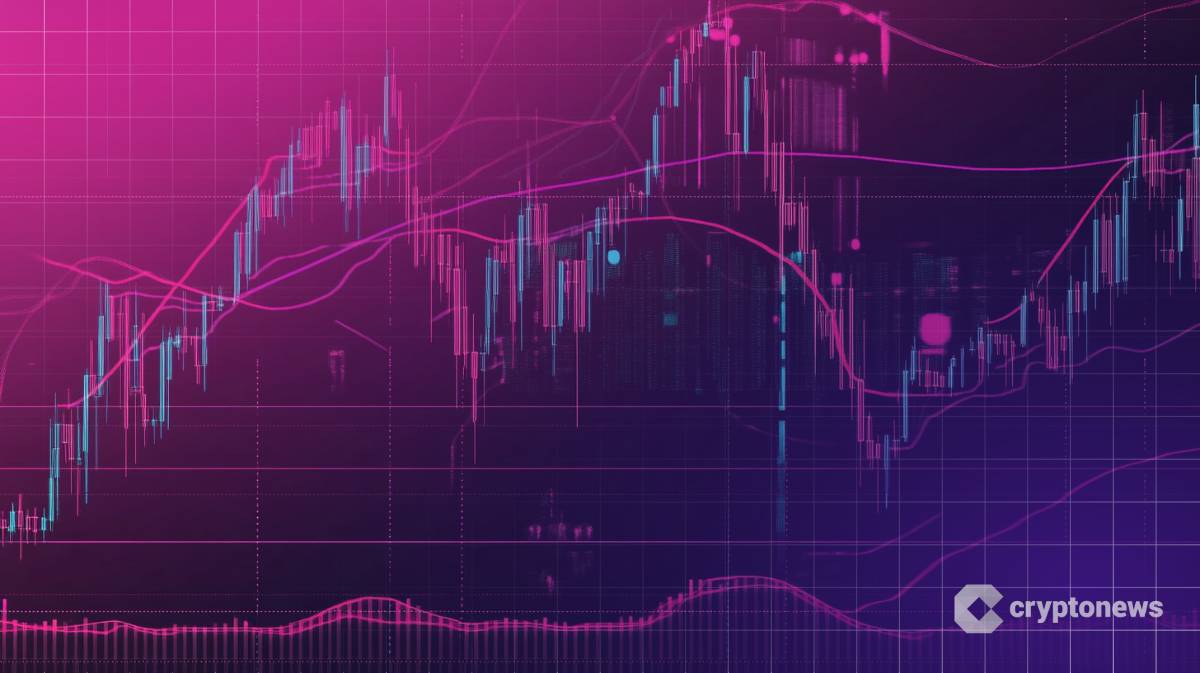
Key Takeaways:
- Nearly half (47%) of Polymarket bettors now predict a U.S. recession in 2025, a sharp rise from 20% at the poll’s start in January.
- Following Trump’s “Liberation Day” tariffs announcement, the Dow plummeted 1,300 points, with the Nasdaq and S&P 500 also experiencing steep declines.
- Yale’s Budget Lab estimates that rising price levels from the tariffs could cost American consumers between $2,700 and $3,400 annually.
Nearly half of Polymarket bettors in a new poll are predicting that the U.S. will fall into a recession this year.
Polymarket Bettors Indicate Grim Economic Outlook
According to the decentralized prediction marketplace’s poll created in January of this year, as of April 3, 47% of all participating bettors believe that an economic recession will occur in 2025.
That statistic is up from just 20% at the poll’s start date, with Polymarket voters predicting just a 33% chance of economic windfall on March 28.
The dismal odds come just one day after U.S. President Donald Trump debuted his highly publicized “Liberation Day” tariffs, sending shockwaves across the world.
“For decades, our country has been looted, pillaged, raped and plundered by nations near and far – both friend and foe alike,” Trump said during an April 2 policy unveiling at the White House Rose Garden.
“American steel workers, auto workers, farmers and skilled craftsmen – we have a lot of them here with us today – they really suffered gravely,” he continued.
While Trump framed the policy as protection for American workers, financial markets had concerns about the broader economic consequences.
Trump’s Tariffs Cause Global Market Chaos, Recession Fears
Trump has largely claimed that the controversial tariff policy will decrease American dependence on foreign goods and help to usher in a manufacturing boom, though critics argue that his plan will negatively impact trade and consumer living costs.
The Dow Jones Industrial Average plummeted 1,300 points on Thursday, with the Nasdaq and S&P 500 down over 4% and 3%, respectively.
According to The Budget Lab at Yale University, the rise in price levels could cost the average American consumer anywhere from $2,700 to $3,400.
However, it appears Trump remains convinced that the tariff plan will succeed, even if it means American consumers will face increased economic hardship.





